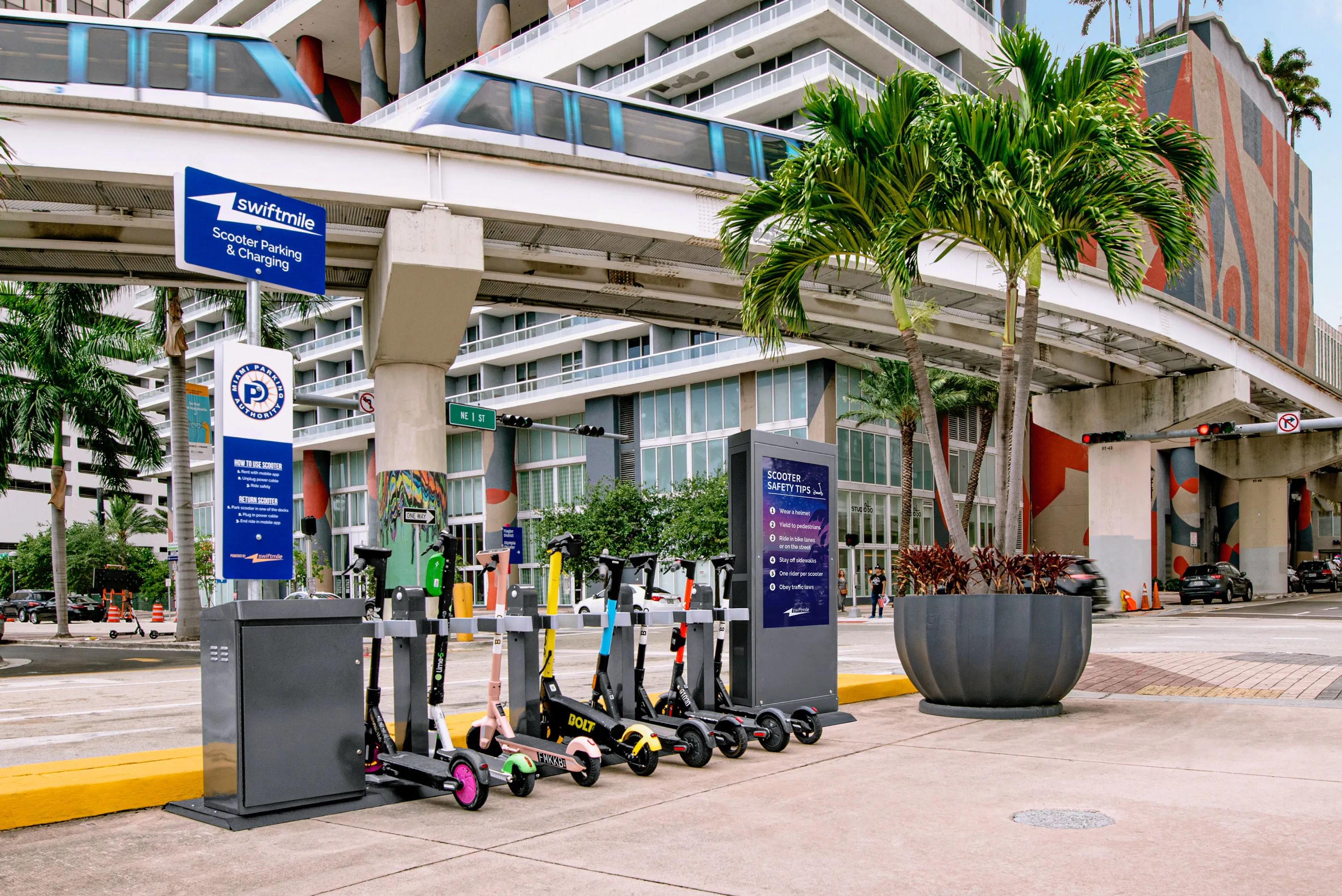New York’s
The Paris document seeks to keep a global temperature rise this century below 2 degrees Celsius above pre-industrial level and to limit temperature increase to 1.5 degrees Celsius.
The SBTi is a joint partnership between United Nations Global Compact, the
The MTA is to set targets to reduce greenhouse emissions across its transportation and non-transportation activities. It will be required to meet these goals within the next 15 years.
The targets may include bus electrification, the electrification of diesel-powered commuter rail lines, increased energy efficiency at facilities and working with vendors to reduce emissions throughout its supply chain. Emissions per-passenger-mile can be reduced by looking into increasing capacity across public transport modes, MTA says.
In a separate move, MTA is to complete more than 75 energy efficiency projects with New York Power Authority by the end of 2020. It will also aim to convert its diesel bus fleet to electric by 2040.
New York transit joins Paris greenhouse gas initiative
New York’s Metropolitan Transportation Authority (MTA) has joined the Science Based Targets Initiative (SBTi) to reduce its greenhouse gas emissions in line with the Paris Climate Agreement.
The Paris document seeks to keep a global temperature rise this century below 2 degrees Celsius above pre-industrial level and to limit temperature increase to 1.5 degrees Celsius.
The SBTi is a joint partnership between United Nations Global Compact, the World Resources Institute, World Wildlife Fund and non-profit
November 13, 2019
Read time: 2 mins








